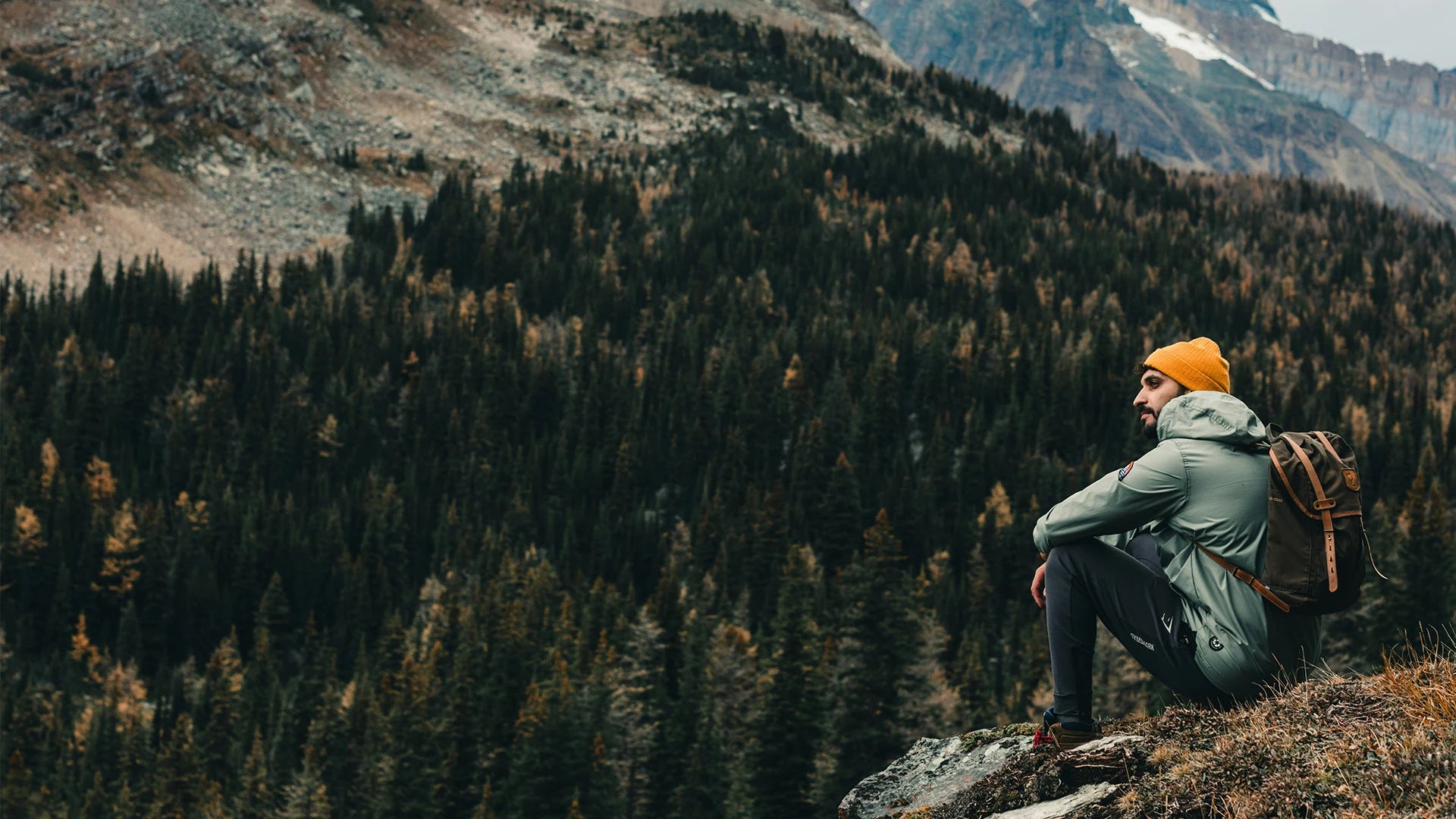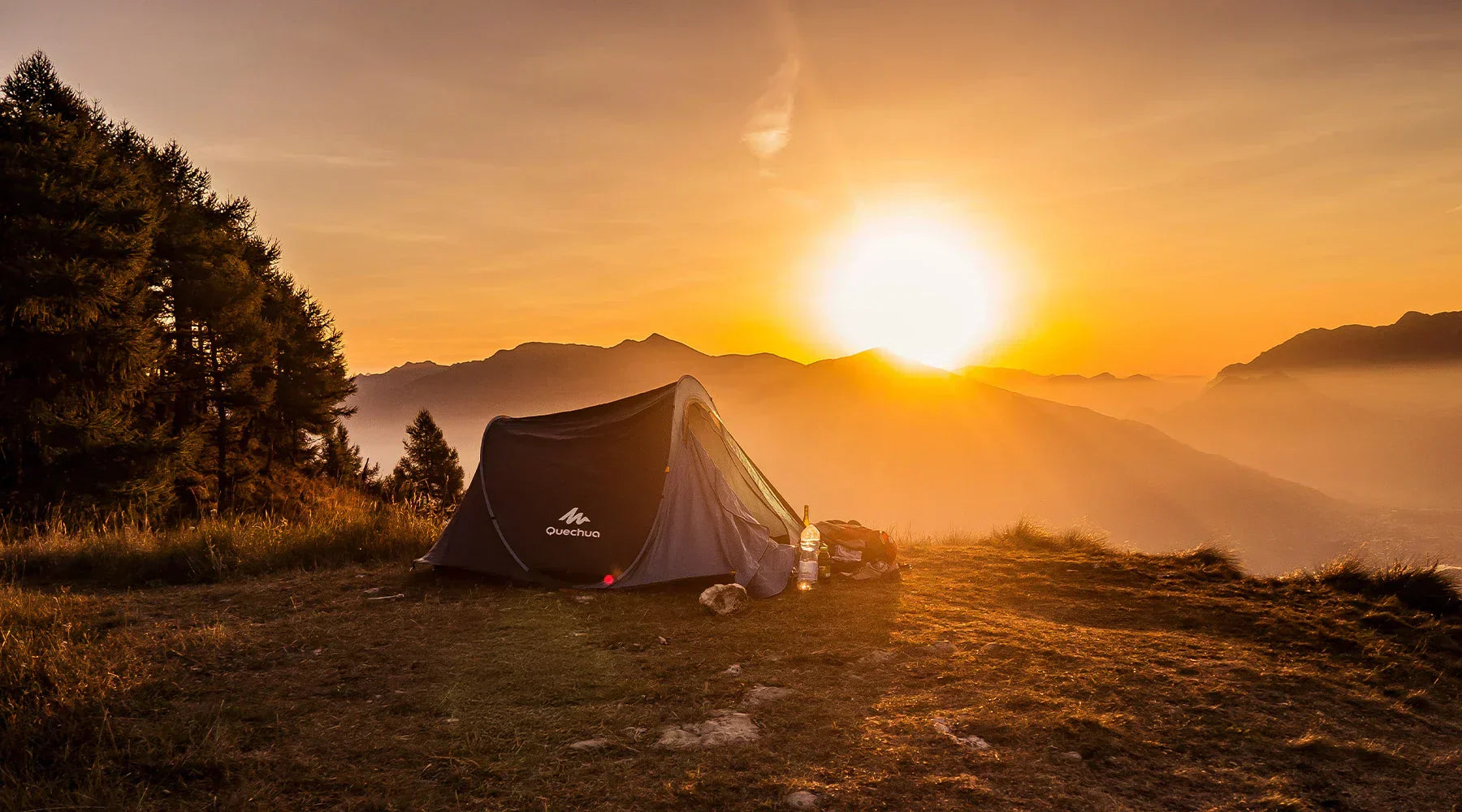Beginner’s Guide to Camping: Tips for First-Timers

Camping is an excellent way to connect with nature, relax, and create unforgettable memories. However, if you are a first-timer, the idea of camping can be daunting. This guide aims to provide you with essential camping tips and a camping essentials list to help you prepare for your first outdoor adventure. By understanding the key factors that impact your camping experience, you can make informed decisions and enjoy a successful trip.
Table of Contents
- 1. Choose Your Campsite Wisely
- 2. Plan Your Trip in Advance
- 3. Camping Gear Essentials
- 4. Food and Water Preparation
- 5. Clothing and Footwear
- 6. Safety Tips
- 7. Leave No Trace
1. Choose Your Campsite Wisely
One of the most important camping tips for beginners is to choose the right campsite. Whether you prefer a developed campground with amenities or a more primitive site, consider the following factors:
- Accessibility: Ensure the campsite is accessible by your mode of transportation.
- Proximity to Water: Being close to a water source can be convenient for cooking and cleaning.
- Safety: Look for campsites that are away from hazardous areas, such as cliffs or flood zones.
- Privacy: Select a spot that offers some seclusion from other campers.
Balancing these factors can be challenging, but doing so will enhance your overall camping experience.
2. Plan Your Trip in Advance
Proper planning is crucial for a successful camping trip. Here are some camping tips to keep in mind:
- Research: Learn about the area you plan to visit, including weather conditions, wildlife, and regulations.
- Reservations: If you're staying at a popular campground, make reservations well in advance.
- Itinerary: Plan your activities and create a rough itinerary to make the most of your time.
- Emergency Plan: Have a plan in place for emergencies, including the nearest hospital and contact information for park authorities.
Thorough planning helps you anticipate potential challenges and ensures a smooth camping experience.
3. Camping Gear Essentials
Having the right gear is essential for a comfortable and enjoyable camping trip. Here's a comprehensive camping essentials list:
- Tent: Choose a tent that is appropriate for the number of people and weather conditions.
- Sleeping Bag: Select a sleeping bag with the right temperature rating for the season.
- Sleeping Pad: A sleeping pad provides insulation and comfort on the ground.
- Camping Stove: A portable stove for cooking meals.
- Lantern or Flashlight: For illumination during the night.
- First Aid Kit: Essential for treating minor injuries and ailments.
- Multi-tool: A versatile tool for various tasks.
- Water Filter: A reliable water filtration system for safe drinking water.
- Backpack: A sturdy backpack for carrying your gear.
Investing in quality gear can make a significant difference in your camping experience.
4. Food and Water Preparation
Proper food and water preparation is critical when camping. Here are some camping tips to ensure you stay nourished and hydrated:
- Meal Planning: Plan simple, easy-to-cook meals that require minimal preparation.
- Non-Perishable Foods: Bring foods that do not spoil easily, such as canned goods, nuts, and dried fruits.
- Cooler: Use a cooler to keep perishable items fresh.
- Water Supply: Carry enough water for drinking, cooking, and cleaning. Use a water filter if you need to refill from natural sources.
- Cooking Supplies: Bring cookware, utensils, and a portable stove.
Balancing nutrition and convenience is key to a successful camping trip.
5. Clothing and Footwear
Wearing appropriate clothing and footwear is essential for comfort and safety. Here are some camping tips for choosing the right attire:
- Layering: Dress in layers to adapt to changing weather conditions.
- Moisture-Wicking: Wear moisture-wicking fabrics to stay dry and comfortable.
- Footwear: Choose sturdy, comfortable footwear suitable for hiking and rough terrain.
- Rain Gear: Pack a waterproof jacket and pants in case of rain.
- Hat and Gloves: Bring a hat for sun protection and gloves for warmth.
Proper clothing can prevent discomfort and protect you from the elements.
6. Safety Tips
Safety should always be a priority when camping. Here are some essential camping tips for staying safe:
- Fire Safety: Follow local regulations for campfires and always keep a bucket of water nearby.
- Wildlife Awareness: Store food securely and be aware of wildlife in the area.
- Navigation: Carry a map, compass, or GPS device to avoid getting lost.
- First Aid: Know basic first aid and how to treat common camping injuries.
- Weather: Stay informed about weather conditions and be prepared for sudden changes.
Being prepared and aware can prevent accidents and ensure a safe camping experience.
7. Leave No Trace
Respecting the environment is crucial when camping. Follow these camping tips to minimize your impact:
- Pack Out Trash: Carry out all trash and dispose of it properly.
- Stay on Trails: Stick to established trails to avoid damaging vegetation.
- Camp in Designated Areas: Use designated campsites to minimize environmental impact.
- Avoid Wildlife: Observe wildlife from a distance and do not feed them.
- Leave Natural Objects: Leave rocks, plants, and other natural objects as you found them.
Practicing Leave No Trace principles helps preserve nature for future generations.
Conclusion
Camping for the first time can be an exciting and rewarding experience. By following these camping tips and preparing with a comprehensive camping essentials list, you can ensure a successful and enjoyable trip. Remember to plan ahead, pack wisely, and respect the environment. Happy camping!


